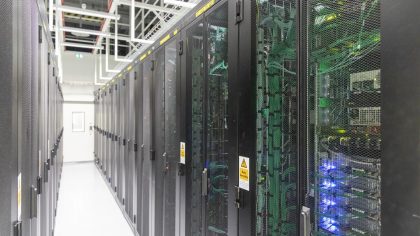An optimised hearing-aid experience thanks to smartphones
• For today’s high-tech hearing solutions, like those pioneered by Widex, connectivity is key, and now so is artificial intelligence.
• To access advanced features, users must select and set up a smartphone that is compatible with hearing aids.
• Orange and Widex have joined forces to help people with hearing aids access optimised uses and experiences using their smartphones.
Read the article
• To access advanced features, users must select and set up a smartphone that is compatible with hearing aids.
• Orange and Widex have joined forces to help people with hearing aids access optimised uses and experiences using their smartphones.



Manipulation, mistrust and adoption: paradoxical responses to AI in companies
Read the article

Pioneering pharmaceutical and food industry innovation with organs-on-chips
Read the article
Contraband: AI efficiently detects anomalies in shipping containers
Read the article
